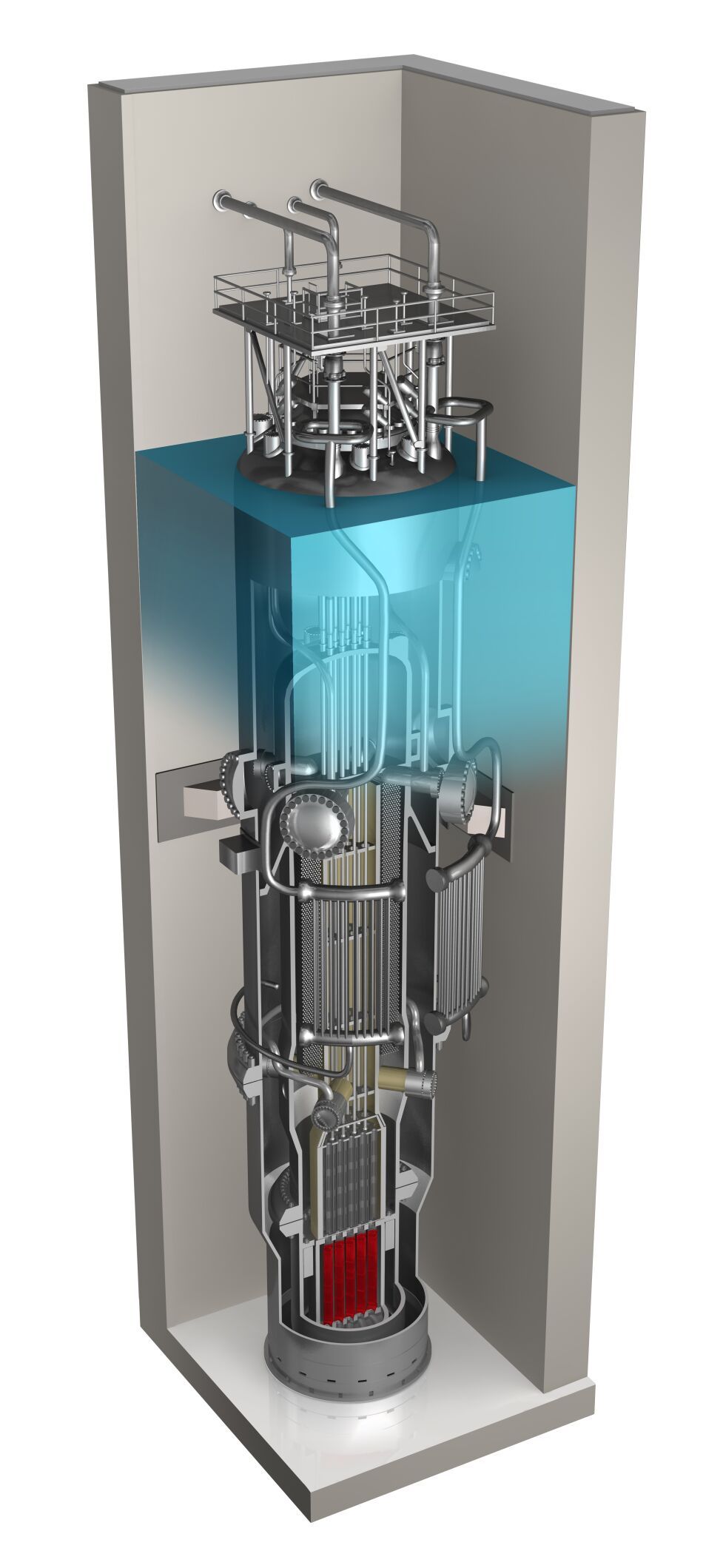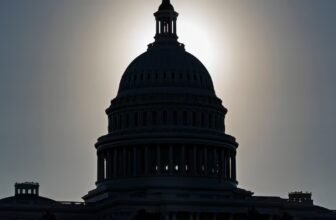Renewable Energy: Colorado’s Path to 2040
A new state report outlined how Colorado plans to reach 100% “renewable” electricity by 2040, a goal that supporters argued is crucial to achieving “net zero” carbon in a few decades but which critics countered is happening too quickly at a significant cost to consumers.
The report examined a buildout of wind, solar, batteries and transmission lines, while urging more uniform state oversight of local siting decisions.
Released by the Colorado Energy Office, the report reviewed county zoning, permitting and wildlife regulations that can slow “renewables” projects. It concluded that the patchwork of local siting rules may not support the speed and scale needed to meet Gov. Jared Polis’ climate goals.
The report hinted that a statewide permitting framework could eventually replace the current mix of county-level approvals. That worries local governments but aligns with the push for more state control under recent energy and building-code mandates.
The siting report built on Ascend Analytics’ “Pathways to Deep Decarbonization in Colorado’s Electric Sector by 2040, a report that seeks to assess the “lowest cost pathways to achieve 100% zero-emission electricity generation by 2040.” That report modeled several energy portfolios for cost and reliability. The renewables-only scenario — wind, solar and batteries — is projected to cost about $61 billion by 2040.
A second scenario that added advanced nuclear, hydrogen and geothermal came in at a slightly lower cost but was labeled “the highest-cost option” with no near-term deployment path by the siting report. But the framing of that scenario involved grouping small modular nuclear reactor generation with hydrogen fuel and geothermal generation, both of which are costly, as-yet unproven technologies.
Critics have argued that bundling nuclear with unproven technologies artificially inflates its cost and downplays its value as a long-term, zero-carbon source.
Federal data from the Department of Energy and Idaho National Laboratory show that small modular reactors licensed by the Nuclear Regulatory Commission can operate 60 to 80 years — two or three times longer than wind or solar systems that must be rebuilt several times.

Over a full life cycle, nuclear power could offer comparable or lower system costs without the vast land use, visual impact and transmission expansion required for statewide “renewables” development.
One of the negatives stated in the report is that Colorado has no legislative or regulatory framework to deal with nuclear reactors. Only recently did the Colorado General Assembly add nuclear power to list of “clean energy” sources.
Asked by The Denver Gazette if the state had any reports on the viability of nuclear energy in Colorado in April 2022, Dominique Gómez, deputy director of the Colorado Energy Office said, “As it turns out, we actually do not have any reports or studies on nuclear power potential for CO from any point in the last three years. There is not a task force that we are aware of. I haven’t found any previous statements from the administration.”
Colorado Energy Office Director Will Toor has maintained that “renewables” remain the cheapest route to a clean grid, but that natural gas generation will remain as a backup.
“Firm backup generation will always be needed,” Toor said in a March 2025 interview with the Denver Gazette. “Existing gas turbines will continue to provide backup a few percent of the time to maintain reliability.”
The Independence Institute, a free-market research organization based in Denver, and the Common Sense Institute, a nonpartisan economic think tank, challenged that assessment.
“Colorado’s 2040 deadline could raise overall costs and threaten reliability,” said researchers with the Common Sense Institute in an April 2025 report.
Both groups urged a flexible, technology-neutral strategy that includes firm, zero-carbon resources, such as nuclear power.
The Common Sense Institute projects more than $100 billion in generation and storage spending by mid-century and household bill increases of several thousand dollars. The Independence Institute warned that excluding nuclear and relying on intermittent “renewables” could drive up costs and risk outages during long weather lulls.
The siting report also revealed the physical scale of the 2040 target.
Colorado Parks and Wildlife has reviewed more than 120,000 acres of proposed solar projects and 10 gigawatts of wind developments. Most are outside critical habitats, but continued expansion will require converting open land and building new transmission corridors across rural counties.
Supporters of nuclear power said a handful of long-lived plants could produce the same energy with a fraction of the footprint.
Environmental groups are backing the state’s “renewable” energy timetable.
Western Resource Advocates and The Nature Conservancy praised the siting report for balancing “renewables” expansion with habitat protection and said statewide coordination is needed to avoid piecemeal development.
Polis is pushing for the 2040 deadline, shortened from the original 2050, calling it a moral and economic necessity. He has argued that aggressive timelines are vital to fight climate change and insulate consumers from fossil-fuel volatility.
“We can’t afford to wait another generation to act,” Polis said in promoting his Greenhouse Gas Reduction Roadmap 2.0.
Opponents called the deadline arbitrary, saying it will force ratepayers to fund costly rebuilds of short-lived infrastructure while ignoring firm technologies already licensed by federal regulators.







